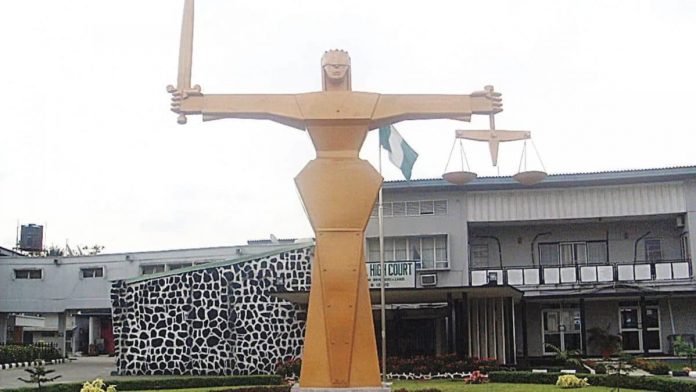The Nigerian government has brought a case before a federal high court in Abuja, seeking the annulment of promissory notes issued to consultants concerning the Paris Club refund.
The lawsuit, identified as FHC/ABJ/CS/896/2023, was filed by the federal government, along with key officials including the attorney-general of the federation, the minister of finance, budget and national planning, and the accountant-general of the federation.
Consultants face legal battle
The defendants in this case include FSDH Merchant Bank Limited, Ned Munir Nwoko, Gregory Nangor Lar, Riok Nigeria Limited, Prince Orji Nwafor Orizu, Olaitan Bello, Dr. Ted Iseghohi Edwards, and Panic Alert Security System Limited.
At the heart of the controversy is the contentious payment of $418 million to consultants, who are now the defendants in the lawsuit.
These consultants were engaged by the Nigeria Governors’ Forum (NGF) and the Association of Local Governments of Nigeria (ALGON).
The payment, made via 62 promissory notes issued by the Debt Management Office (DMO) on September 27, 2021, has sparked a dispute among the three tiers of government.
The plaintiffs argue that the promissory notes are invalid, citing violations of relevant laws.
They contend that the notes were not properly signed as required, even though they were executed by the then minister of finance, budget and national planning and the director-general of the DMO.
The plaintiffs assert that the promissory notes were erroneously charged against the assets and revenues of the federation, rather than the assets and revenues of the states and local governments responsible for the applicable loans and debts.
The lawsuit also challenges the validity of the promissory notes by questioning the absence of a valid consideration for their issuance, as the consultants were not engaged by the federal government.
Each defendant received varying numbers of promissory notes with different total values, raising further complexities in this legal dispute.

